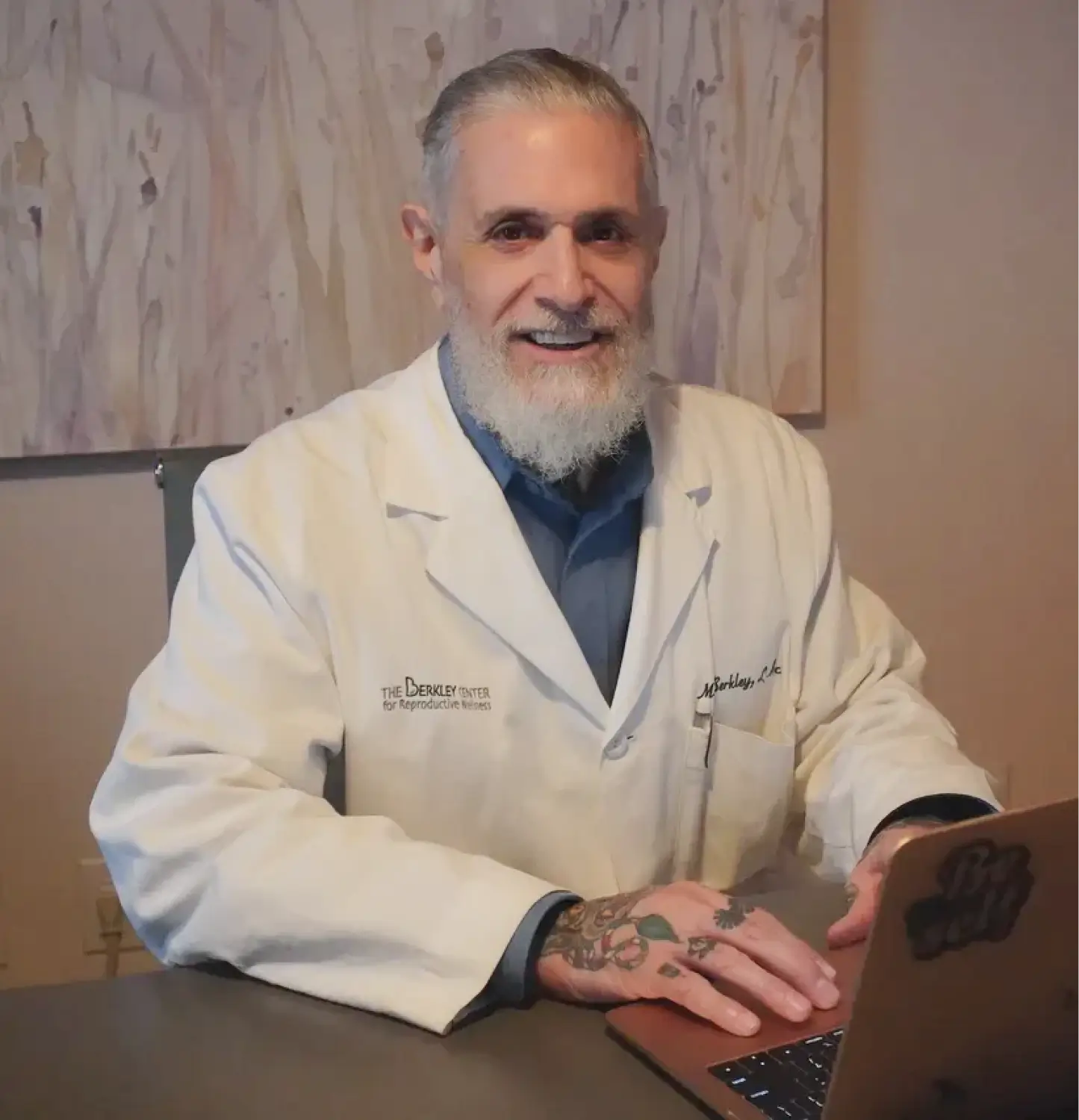Acupuncture has been shown to improve various aspects of sperm quality in men, including:
Several studies have found that acupuncture can significantly increase sperm motility, which refers to the ability of sperm to swim efficiently. Improved motility enhances the chances of fertilization.
Acupuncture has been associated with increased sperm concentration, meaning a higher number of sperm per ejaculate. This can help overcome issues like oligozoospermia (low sperm count).
Some research indicates that acupuncture can increase the percentage of sperm with normal morphology (shape and structure). Abnormal morphology can impair fertilization potential. The mechanisms by which acupuncture improves sperm parameters are not fully understood, but several theories have been proposed:

Elevated sperm DNA fragmentation can negatively impact fertility in several ways:
Sperm with fragmented DNA have a lower ability to fertilize eggs successfully. Studies show that higher sperm DNA fragmentation levels are associated with lower fertilization rates during in vitro fertilization (IVF) cycles.
Even if fertilization occurs, embryos formed from sperm with high DNA fragmentation are more likely to have impaired development and fail to reach the blastocyst stage required for implantation. This can lead to failed pregnancies or miscarriages.
Pregnancies achieved with sperm having high DNA fragmentation levels are at a greater risk of ending in miscarriage. The damaged paternal DNA can disrupt proper embryonic development.
In cases where a pregnancy is carried to term despite high sperm DNA fragmentation, there is an increased risk of the offspring having genetic abnormalities or birth defects. Acupuncture and herbal medicine offer promising approaches to reduce sperm DNA fragmentation and improve male fertility potential.
Multiple studies suggest that acupuncture can significantly reduce sperm DNA fragmentation levels. The proposed mechanisms include:
Certain herbs and herbal formulations have been found to decrease sperm DNA fragmentation by enhancing antioxidant levels, reducing inflammation, and modulating hormone imbalances. While specific herbs may vary, many traditional remedies aim to support overall sperm health and integrity. By reducing sperm DNA fragmentation through acupuncture and herbal medicine, couples may improve their chances of successful fertilization, embryo development, and achieving a healthy pregnancy. At The Berkley Center for Reproductive Wellness, our team integrates these traditional practices with modern scientific insights to develop personalized protocols for optimizing sperm quality and reducing DNA fragmentation.
Visit www.berkleycenter.com
Call Today to Schedule Your Consultation: 212-685-0985

Mike Berkley, LAc, FABORM, is a licensed and board-certified acupuncturist and a board-certified herbalist. He is a fertility specialist at The Berkley Center for Reproductive Wellness in the Midtown East neighborhood of Manhattan, New York.
View all posts